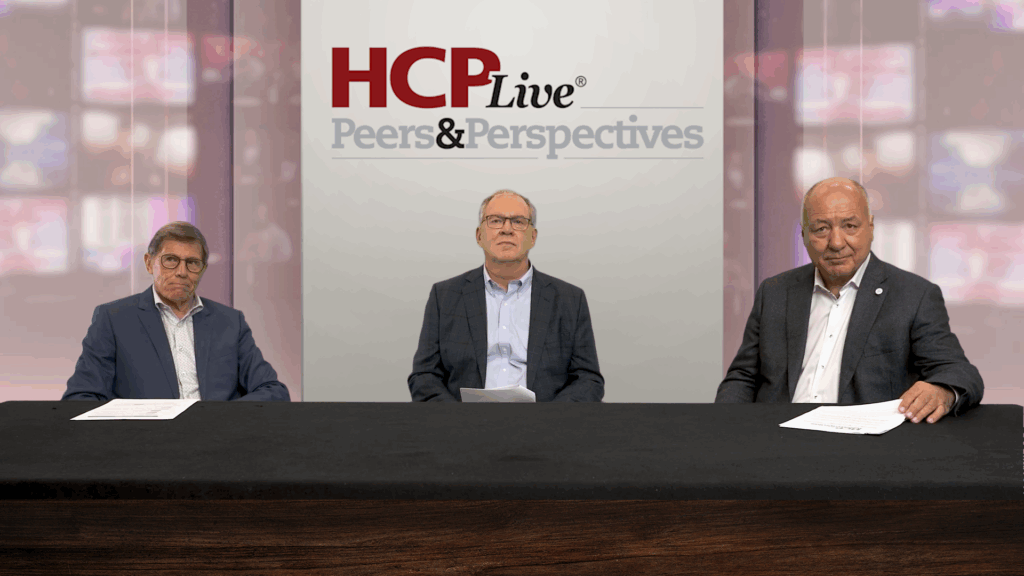
Recent discussions in the medical community have focused on optimizing treatment strategies for patients with Inflammatory Bowel Disease (IBD). A recent episode of the Peers & Perspectives series addressed the need to redefine remission and explore advanced therapeutic measures. The program emphasized the importance of moving beyond traditional endpoints, such as symptom improvement, to incorporate objective metrics like endoscopic and histologic healing. This shift aims to provide a more comprehensive understanding of treatment effectiveness and its correlation with sustained remission and enhanced quality of life.
New Measures and Challenges in IBD Treatment
During the episode, experts highlighted the practical challenges of implementing these advanced endpoints in clinical practice. Clinicians often face difficulties balancing diagnostic precision with available resources and patient accessibility. As treatment landscapes evolve, the integration of deeper healing measures could significantly impact patient care.
Building upon these insights, the discussion transitioned to the significance of early intervention strategies. Recent research indicates that initiating advanced therapy earlier in the disease course not only improves short-term outcomes but can also lead to better long-term management of IBD. Identifying high-risk individuals before severe symptoms develop is essential for tailoring therapy based on disease phenotype, risk profile, and specific treatment goals.
Emerging Therapies and Future Directions
Experts compared both established and emerging treatment agents, including biologics, JAK inhibitors, S1P receptor modulators, and IL-23 inhibitors. These comparisons aim to assist clinicians in navigating the increasingly complex treatment algorithms. By understanding the nuances of these therapies, healthcare providers can make informed decisions to optimize patient outcomes.
The program concluded with a forward-looking perspective on the future of IBD management. The integration of predictive medicine, novel biomarkers, and genetic insights promises to reshape the way clinicians diagnose and monitor patients. The incorporation of multi-omics data is expected to enable more personalized and preventative approaches to care, enhancing the overall treatment experience for patients.
As the discussion wrapped up, the importance of continued innovation in treatment endpoints and combination therapy trials was underscored. The emphasis on patient-centered outcome measures is critical for defining the next generation of IBD care, ensuring that treatment strategies remain responsive to the evolving needs of patients.
This dialogue on redefining IBD treatment signifies a critical shift towards a more comprehensive, data-driven approach to managing this complex condition. As research progresses, the healthcare community is poised to adopt these innovative strategies, ultimately striving for improved patient outcomes and quality of life.






